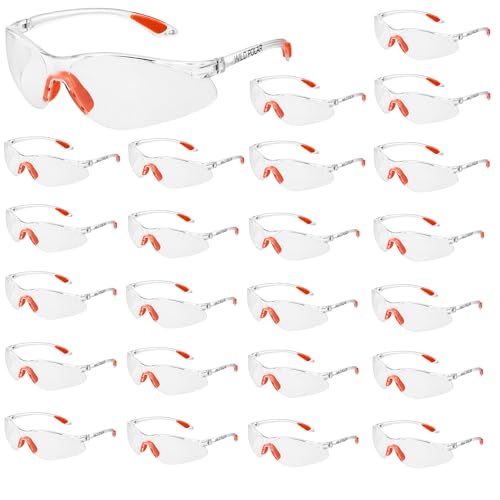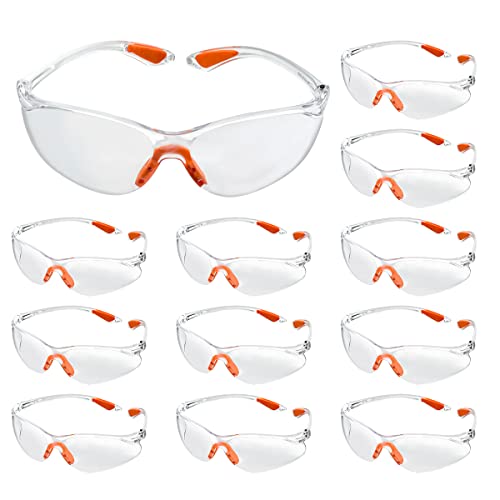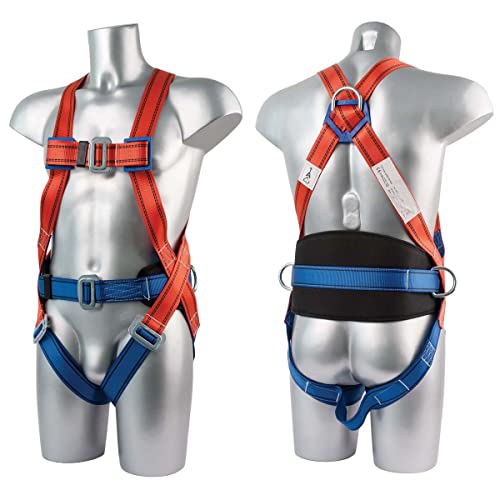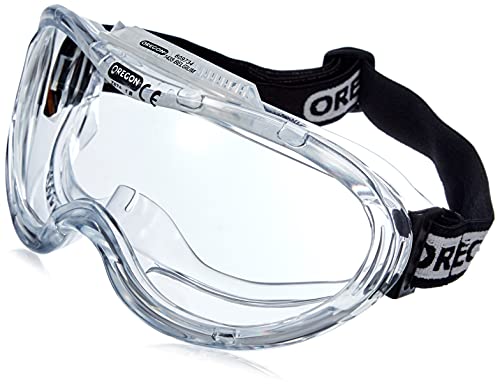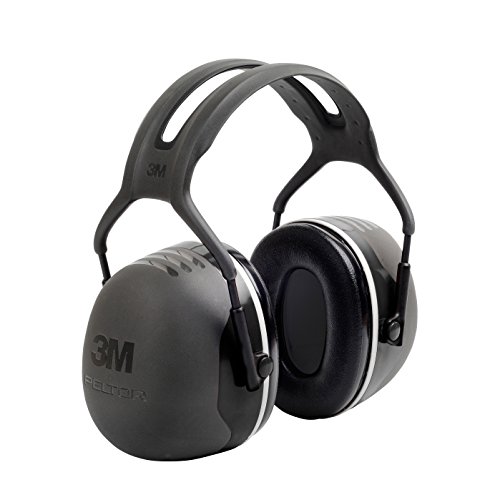Understanding Safety Glasses: Why They Matter for Your Protection
The Purpose of Safety Glasses
Safety glasses are essential in protecting your eyes from potential hazards, whether at work or during home projects. Imagine using a power tool and suddenly a small shard of wood flies towards your face; without safety glasses, this could lead to severe eye injury. Wearing appropriate safety eyewear can prevent such accidents by safeguarding your vision against flying debris, chemical splashes, and harmful radiation.
Statistics That Highlight Their Importance
Numerous studies reveal alarming statistics about eye injuries. For instance, it’s estimated that thousands of people suffer eye injuries annually, many of which occur during common tasks like DIY projects or using machinery. These injuries can result in permanent damage, leading to long-term vision problems or even blindness. By simply wearing safety glasses, we can significantly reduce these risks.
Types of Safety Glasses: Finding the Right Fit for Your Needs
Selecting the Right Style
There are various types of safety glasses available, and understanding them is key to ensuring your eyes are properly protected. If you work in construction, for example, you might opt for glasses with side shields for extra protection against flying particles. On the other hand, if you are working with chemicals, look for safety glasses with anti-fog and anti-scratch coatings that fit snugly to prevent any splashes from reaching your eyes.
Prescription Safety Glasses
For those who wear glasses, prescription safety eyewear is a fantastic option. These allow you to have the necessary vision correction while still providing the required level of protection. Many manufacturers offer a range of stylish options, so you do not have to compromise on appearance.
Key Features to Look For: Ensuring Comfort and Durability
Lens Quality and Protection
When shopping for safety glasses, the quality of the lenses is one of the most critical features to consider. Look for polycarbonate lenses, which are lightweight and highly impact-resistant. Additionally, UV protection is crucial if you will be exposed to sunlight, so ensuring that the lenses block harmful UV rays can safeguard against long-term damage.
Comfort and Fit
Safety glasses should feel comfortable for extended wear. Consider features such as adjustable nose pads and temple arms that can help achieve a proper fit. If they slide down your nose or pinch your temples, you’re less likely to wear them consistently. We recommend trying several styles to find the one that feels best.
How to Care for Your Safety Glasses: Tips for Longevity
Cleaning and Maintenance
Proper care is vital to ensure your safety glasses last. We suggest cleaning the lenses regularly with a microfiber cloth and a lens cleaner specifically designed for glasses. Avoid using paper towels or rough fabrics, which can scratch the lenses. Always store your glasses in a case when not in use to protect them from dust and damage.
Checking for Damage
Regularly inspect your safety glasses for any signs of wear and tear, such as scratches on the lenses or loose frames. These can impair your vision and reduce their protective capabilities. If you notice any significant damage, it’s best to replace your safety glasses to maintain optimal eye protection.
Where to Buy Safety Glasses: Making Smart Purchasing Decisions
Choosing Retailers Carefully
When it’s time to purchase safety glasses, think about where you want to shop. Local hardware stores often carry a range of options, allowing you to try them on for size and comfort. However, many online retailers also offer extensive selections at competitive prices. Whichever route you choose, make sure to read customer reviews and check return policies in case you need to exchange them.
Consider Your Budget
Safety glasses come in a range of prices, and while it’s tempting to go for the cheapest option, investing in a higher-quality pair often pays off in the long run. More expensive glasses might offer better durability, comfort, and protective features, ensuring that you make a wise decision for safety without sacrificing your vision.
